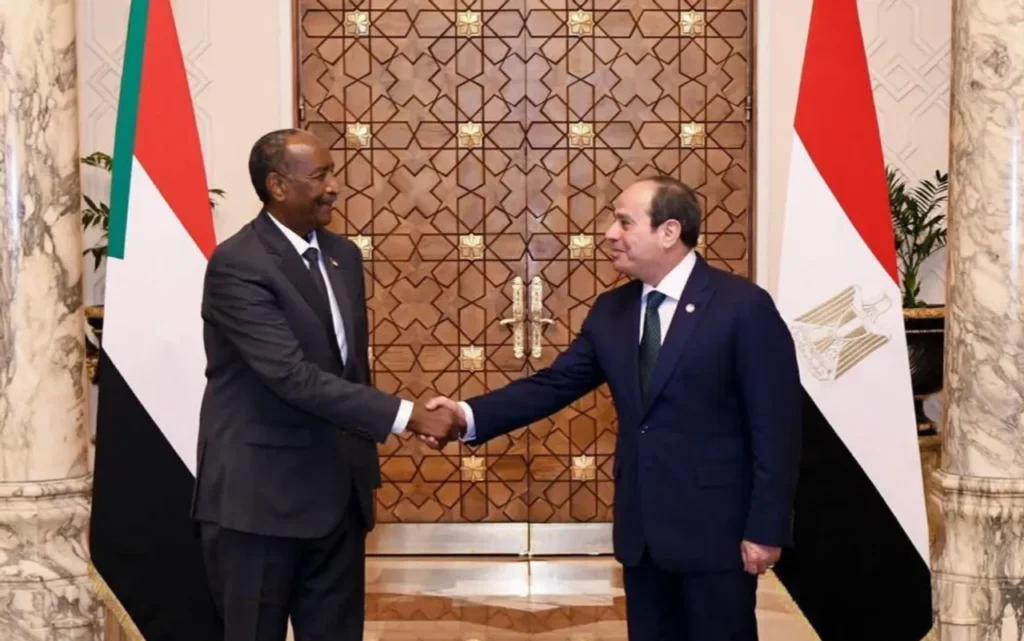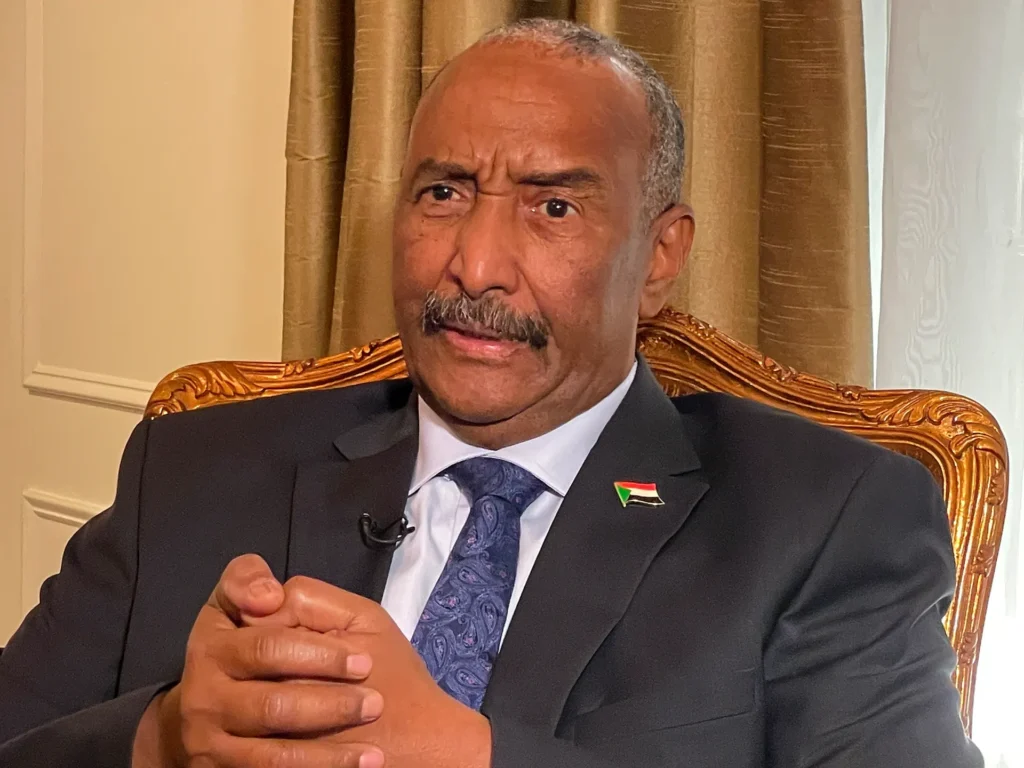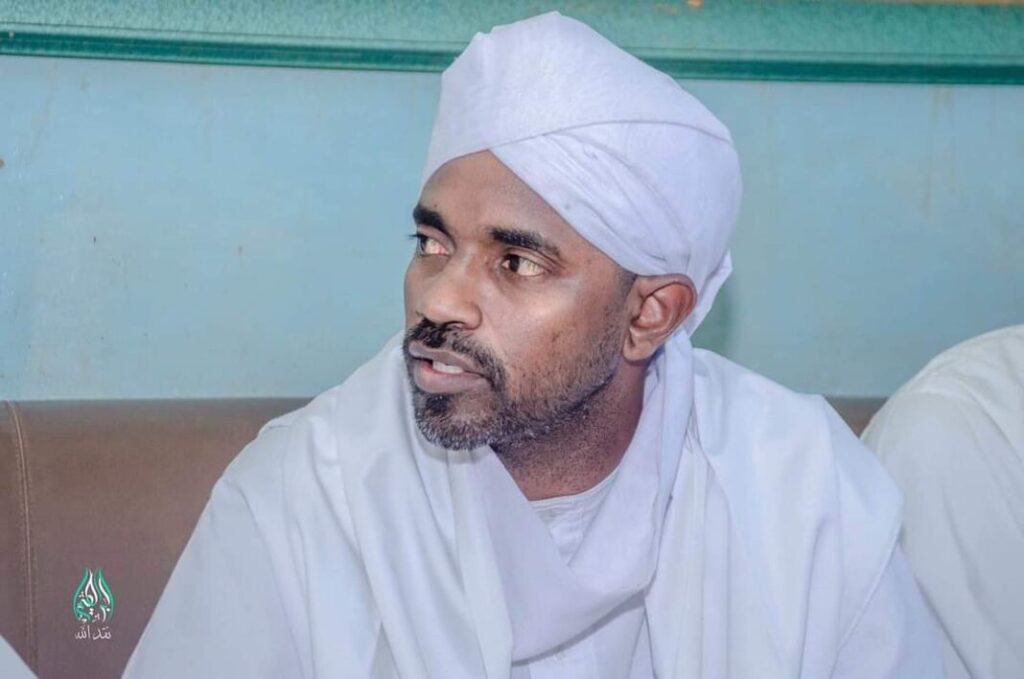
Within hours of the RSF’s capture of El Fasher on October 26, a viral clip showing fighters terrorizing a mother and her children amassed over 13 million views. Satellite-style stills soon followed, labeled as vast “blood pools” on the ground.
European verification teams now say the flagship evidence was false. DW and other outlets concluded the video was AI-generated, while the alleged blood patches were either fabricated or misdated—one “pool” matched a dried water pit. The findings point to a coordinated disinformation push designed to shape the narrative of the city’s fall.
Sudan’s war since April 2023 has produced real atrocities. But a torrent of social posts that claim to document crimes is a mix of the genuine and the manufactured—and, increasingly, methodical. “This war is being waged on social media,” said former UN envoy to Sudan Volker Perthes, warning that disinformation spreads “in its most brutal forms” as rival activists blame each other, foreign powers and international bodies.
Major broadcasters and news sites initially amplified the mother-and-children clip as authentic, while influencers reposted it across X, Instagram and Facebook—helping to harden public opinion at home and abroad. Analysts quoted by DW argue much of Sudan’s disinformation targets external audiences, where multiple states have stakes in the conflict.
A report by the Eurasia platform suggested the SAF and allied groups attempted to mask their retreat from El Fasher with deception, though ultimate authorship of the fakes remains unclear. Fact-checkers at DW, AFP and others say the most-shared visuals presented as RSF atrocities were fabricated or AI-assisted.
Disinformation specialists describe the episode as part of a broader strategy: flood platforms with emotive synthetic media to create “alternative facts,” stoke anger and recast the war’s framing—from a domestic fight into an externally driven “aggression.” El Fasher’s symbolic weight made it a prime target for such narrative warfare. As one Western diplomat told Le Monde, the city’s fall “was not a surprise”—and its psychological impact required a media campaign to match.
Praveen Onditi of the Horn Institute called the loss “a catastrophic military, political and symbolic defeat” for General al-Burhan’s army (SAF)—one now shadowed by an information battle over what audiences believe happened, and why.




